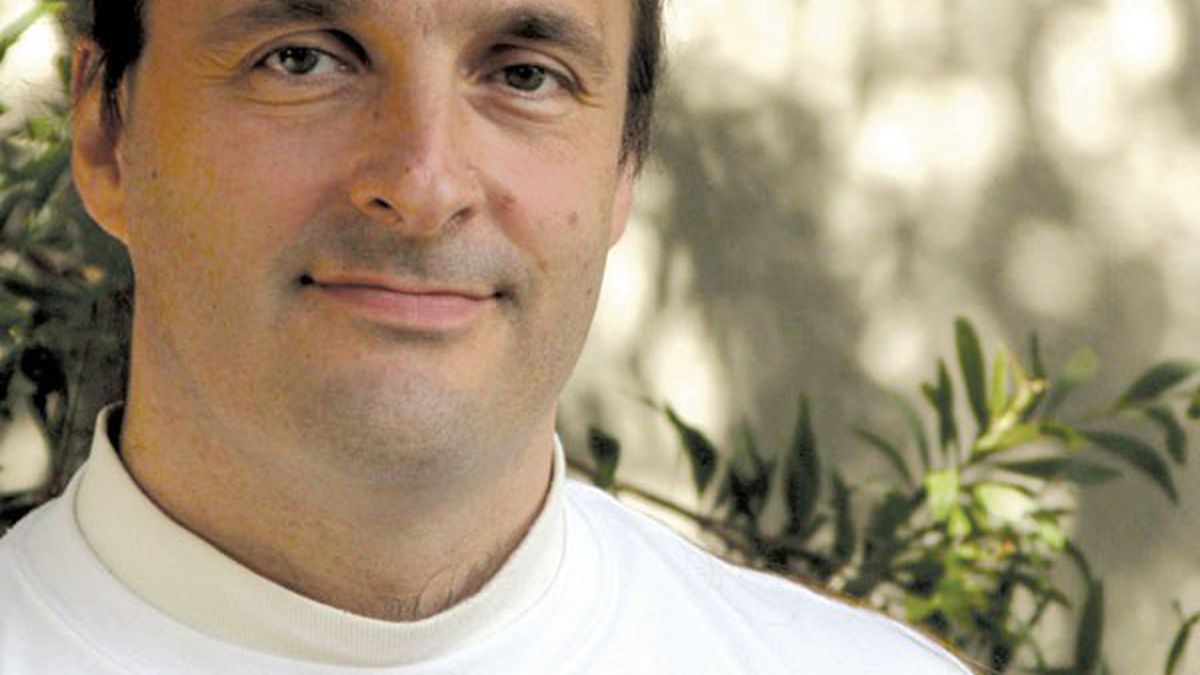Stereotyping the Japanese has been a Western hobby for at least a hundred years. But the individuals we meet in Andy Couturier‘s new book A Different Kind of Luxury: Japanese Lessons in Simple Living and Inner Abundance couldn’t be further from the trendy Harajuku girl, the obsessed manga fan, or the repressed-and-depressed salaryman. During his four years in Japan, Couturier befriended homeschoolers, environmentalists, activists, anarchists, recyclers, Luddites, and Catholics. They’re rare figures in a nation where Couturier found himself amazed by “the radical conformity of such an outwardly modern society.” Their brothers and sisters are doctors, lawyers, and managers — or married to doctors, lawyers, and managers. Yet these neo-radicals, well-educated and originally middle-class, now live in rural huts, fertilizing fields with human excrement and lecturing neighbors about the carcinogens in plastic.
“There is something fundamentally modern in being able to choose different aspects of a way of life and put them together. … What I think gets people in our current society so trapped is that there are so many options available, and we don’t have the internal fiber to make the choices based on a consistent and strongly held set of principles or values,” explained Couturier, whose presentation at Teance (1780 Fourth St., Berkeley) on Friday, February 26, includes rare tea from rural Shikoku.
For clinging to their values, his friends face stigma, ridicule, and rejection — even from their families. The mother of a middle-aged rural Catholic pottery-painter told Couturier bluntly: “I really hate the way she lives. … Normal is best, I think.”
Nonconformism can be social suicide in Japan. But as one anarchist/activist/artist told the author, “The opportunity to think for yourself is too valuable to be wasted.”
Throwbacks and radicals all at once, some of these men and women have manifested their self-sufficiency by moving to the remote countryside. “As recently as the 1960s in Japan, in the mountains, rural people were still making almost all of what they needed without much interaction with the cash economy,” Couturier said. Today’s iconoclasts “could learn how to meet many of their own needs … just by walking down the road to speak with a nearby older man or woman.”
One reward for rejecting mainstream life is an ancient-yet-new perspective on the passage of time. Smashing yet another Japanese stereotype, they’ve learned how not to rush. As one man told Couturier: “If you have time, a lot of things are enjoyable. Making this kind of woodblock, or collecting the wood for the fire, or even cleaning things — it’s all enjoyable and satisfying if you give yourself time.”
Another, a bamboo flute player, observed: “The true sound can’t be found in one or two years. Ten years is not enough; twenty years is not enough. The real thing takes a minimum of thirty years. That’s why you have to be mad. You have to give it all your heart … otherwise it’ll never be the real thing.” 7 p.m., $10. Teance.com













